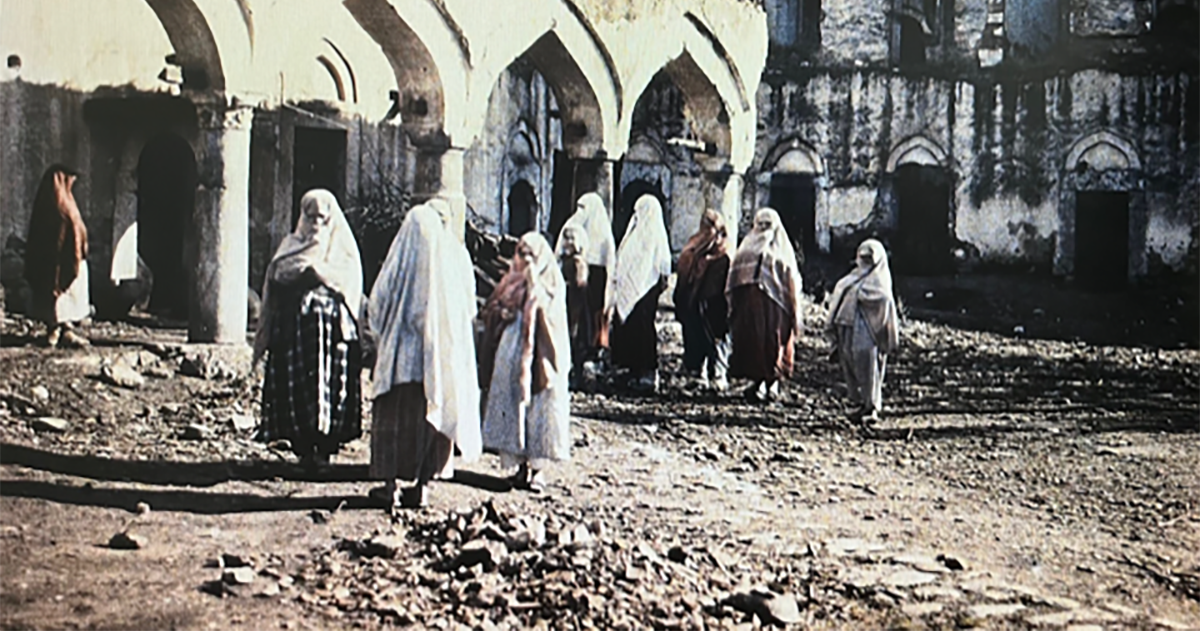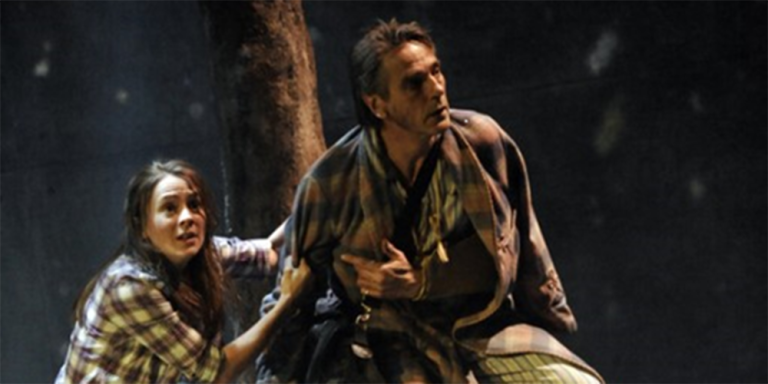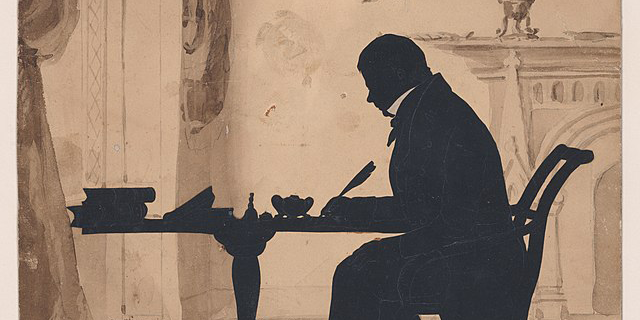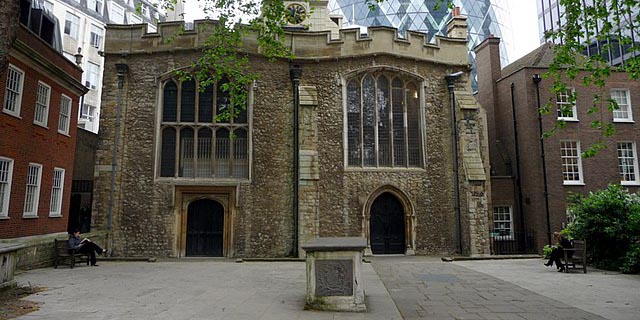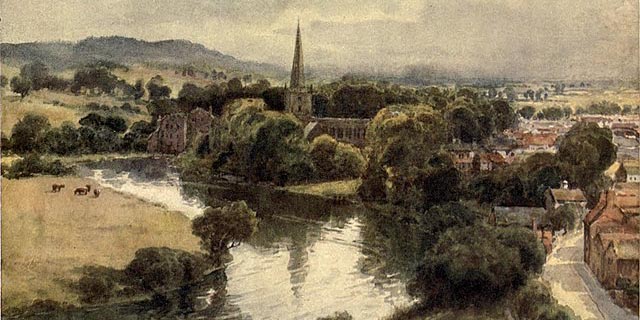
-
Demystifying the role of Ottoman bureaucrats in occupied Western Anatolia at the dawn of ethnic violence and destruction
Read more: Demystifying the role of Ottoman bureaucrats in occupied Western Anatolia at the dawn of ethnic violence and destructionUmit Eser explores authoritarianism in post-Ottoman geographies by investigating the origins of organised violence and ethnic cleansings at the beginning of the twentieth century


